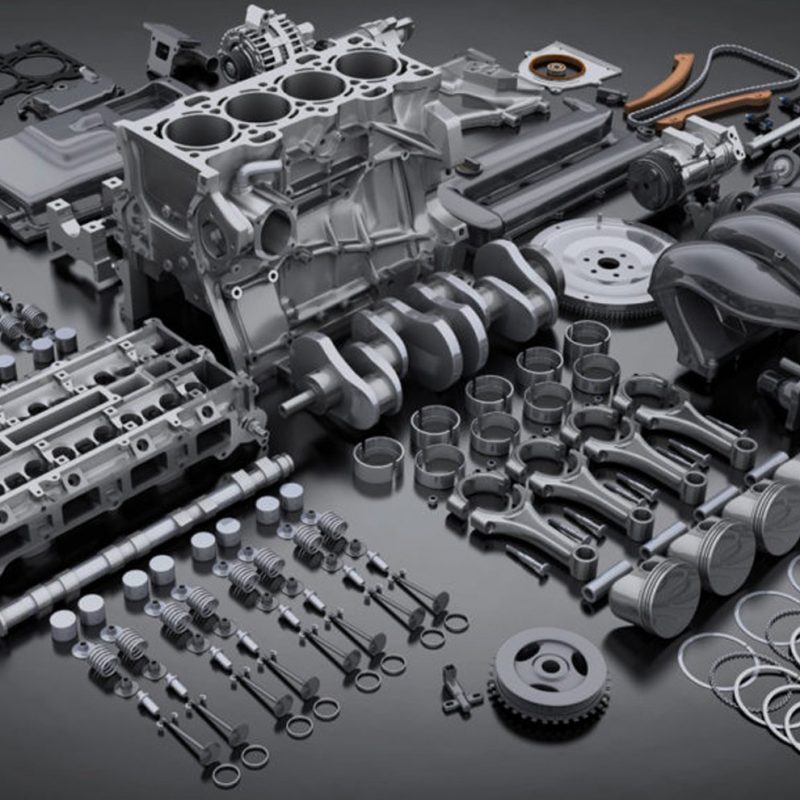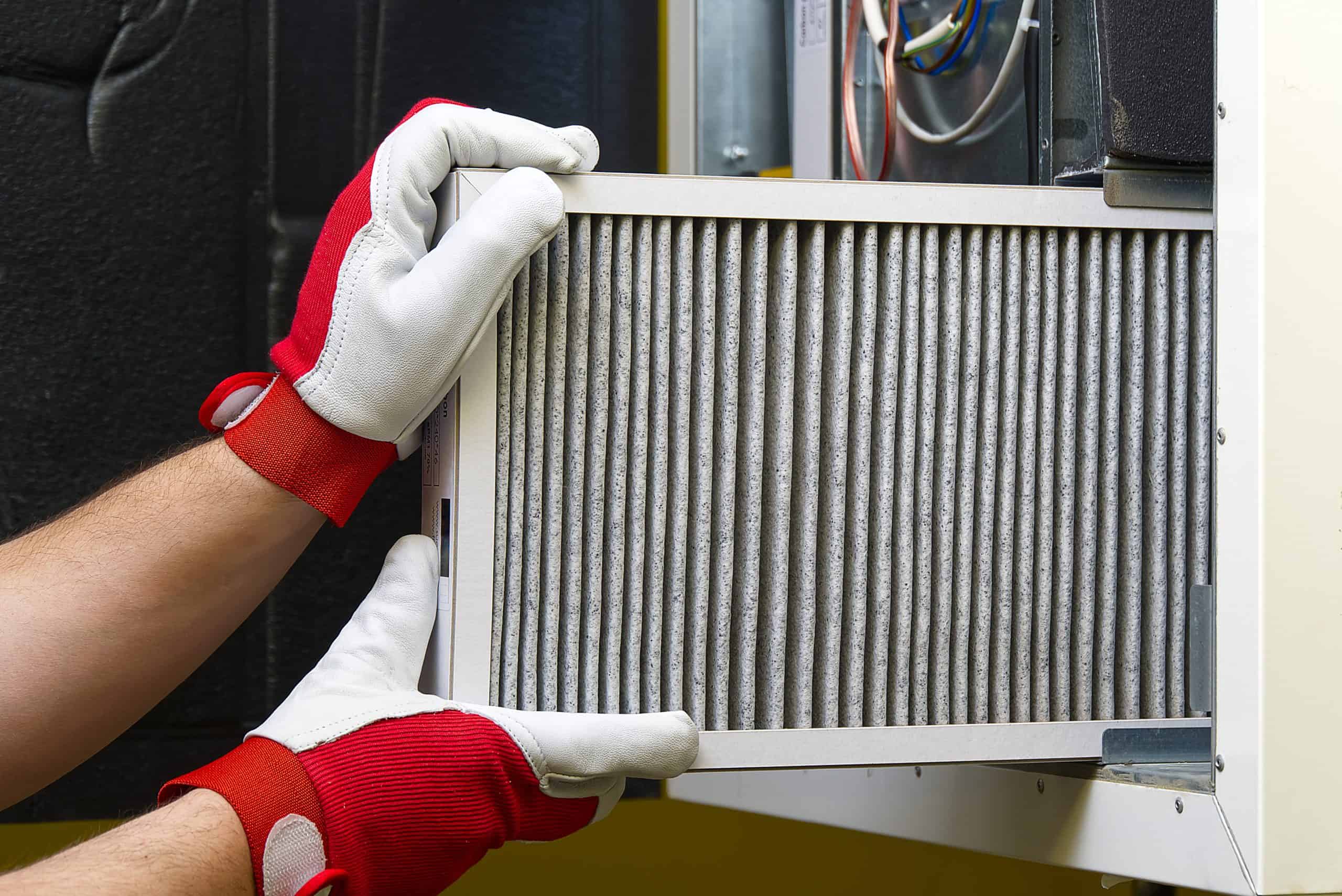Oil Filters: A Comprehensive Guide to Selection and Maintenance
Oil Filters: A Comprehensive Guide to Selection and Maintenance
Oil filters play a crucial role in maintaining the health and performance of a vehicle’s engine by removing contaminants from the oil as it circulates through the engine. However, choosing the right oil filter and maintaining it properly can be a confusing task for many car owners. In this essay, we will provide a comprehensive guide to oil filter selection and maintenance, so car owners can make an informed decision and ensure optimal performance and protection for their engine.
- Selection: The first step in selecting an oil filter is to determine the type of oil that will be used in the vehicle. Different types of oil filters are designed to work with specific types of oil, such as conventional, synthetic, or high mileage oils. It’s important to use the correct type of filter for the oil you’re using to ensure optimal performance and protection for your engine.
The next step is to consider the make and model of the vehicle. Different vehicles have different requirements for oil filters, and it’s important to use the filter that is specified by the manufacturer. This information can typically be found in the vehicle’s owner’s manual.
Driving conditions are also an important consideration when choosing an oil filter. If you drive in a dirty or dusty environment, a high-efficiency filter may be a better choice. These filters use a combination of mechanical and chemical
filtration methods to provide the best protection for your engine. Similarly, if you use synthetic oil or drive a high-performance vehicle, a high-efficiency filter would also be a good choice.
Finally, it’s important to consider the brand and quality of the oil filter. Choose a filter from a reputable brand that uses high-quality materials, and avoid using low-quality filters as they may not be able to remove as many contaminants and may not last as long.
- Maintenance: Once the right oil filter has been selected, it’s important to maintain it properly to ensure optimal performance and protection for the engine. The frequency of oil filter changes depends on several factors, such as the type of oil used, the make and model of the vehicle, and the driving conditions. Generally, the oil filter should be changed more frequently than the oil, typically every 3,000 to 5,000 miles or as specified by the vehicle manufacturer. However, if the vehicle is driven under severe conditions, such as heavy loads, extreme temperatures, or frequent short trips, it’s recommended to change the filter more frequently.
When changing the oil filter, it’s important to use the appropriate tools and follow the instructions provided by the manufacturer. In addition, it’s important to use the correct type of oil filter for your vehicle and oil type. Using the wrong type of filter can lead to poor engine performance and even damage.
It’s also important to check the oil filter periodically to ensure that it’s functioning properly. A clogged or damaged filter can reduce the flow of oil to the engine, leading to poor engine performance and even damage. If the filter looks dirty or damaged, it should be replaced immediately.
In conclusion, oil filters play a crucial role in maintaining the health and performance of a vehicle’s engine. Choosing the right oil filter and maintaining it properly is essential to ensure optimal performance and protection for the engine. When selecting an oil filter, it’s important to consider the type of oil, the make and model of the vehicle, driving conditions, and brand and quality. When maintaining the oil filter, it’s important to change it frequently and use the appropriate tools and instructions. By following this comprehensive guide to oil filter selection and maintenance, car owners can make informed decisions and ensure the longevity and performance of their engine. Remember to consult your vehicle’s owner’s manual or a professional mechanic for specific recommendations for your vehicle. By regularly maintaining your oil filter, you can avoid costly repairs and prolong the life of your engine. It’s also important to keep in mind that regular oil changes and using the correct type of oil is also crucial for the engine’s health and performance. Taking the time to properly select and maintain your oil filter is a small but significant step in keeping your vehicle running smoothly and avoiding costly repairs in the long run.








